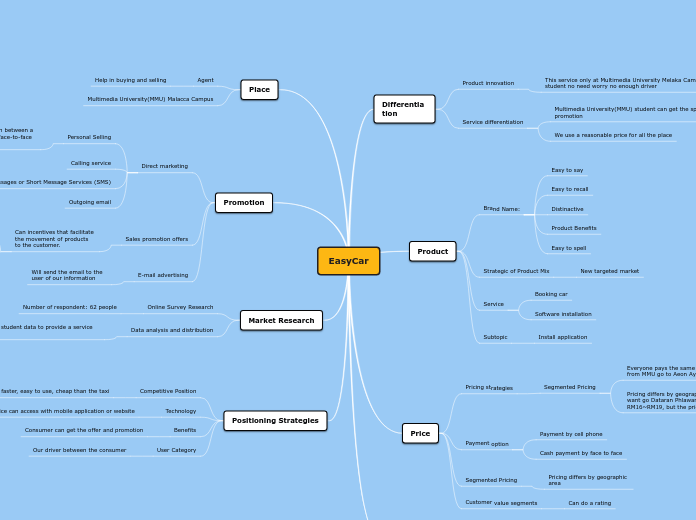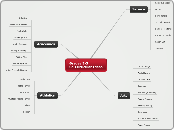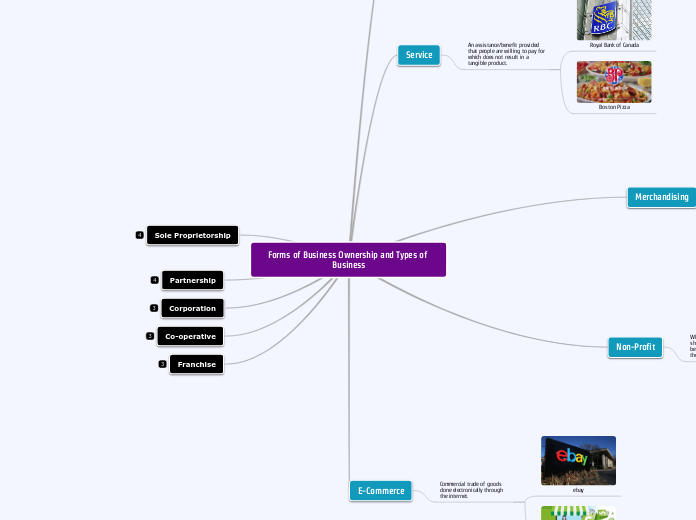af Richard Allen 8 år siden
627
Angular Workflow - Beta
Developing an Angular application involves several key steps and considerations. Initially, you test the app with the seed code and troubleshoot any issues by checking the Node and npm versions via the command line in VS Code.









